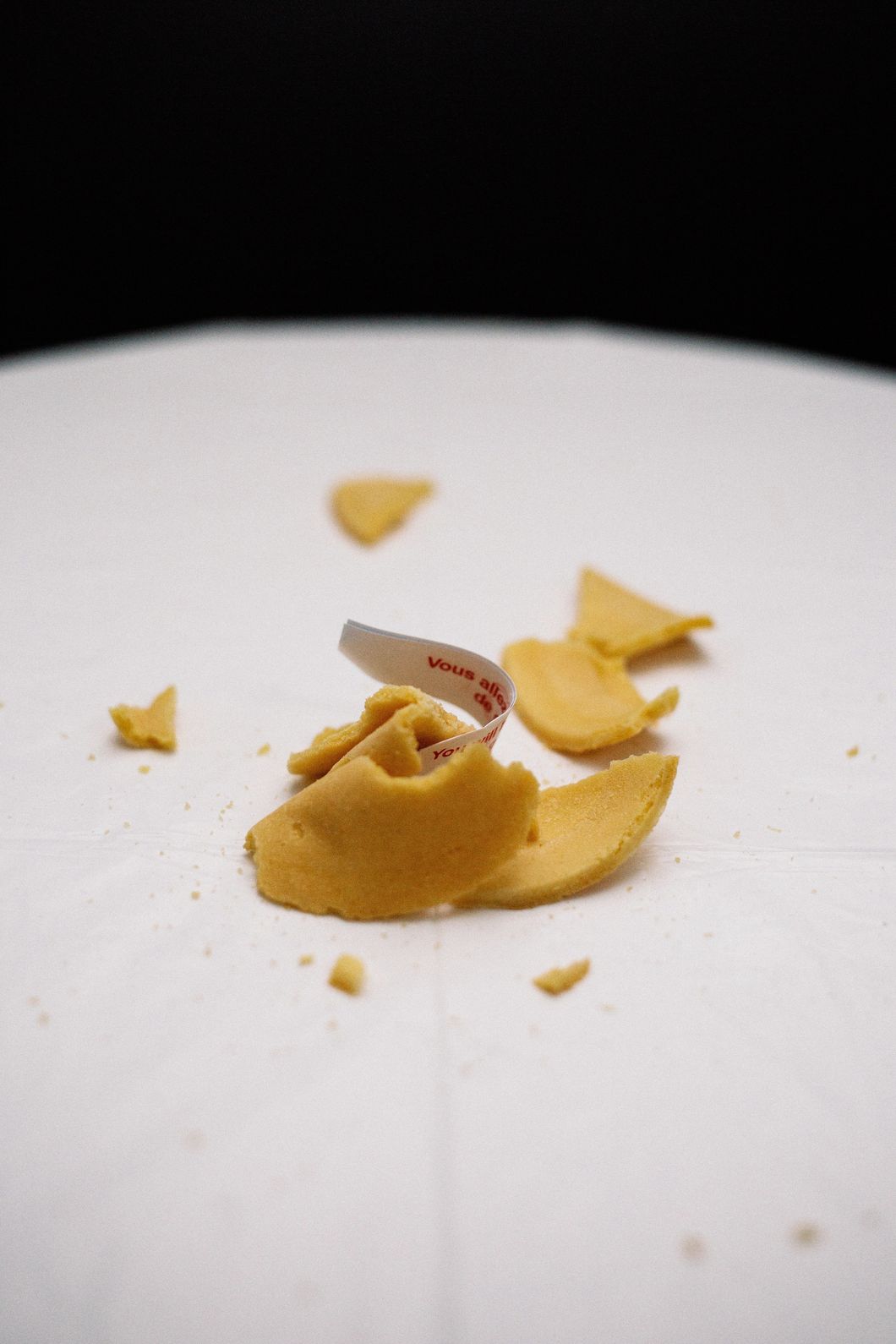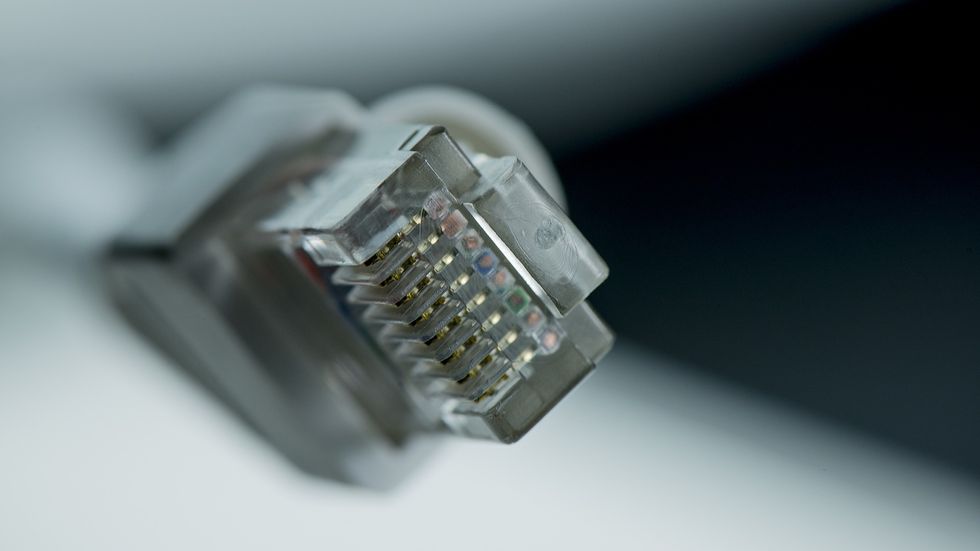Fortune Cookies Give Us A Taste Of Different Culture, But It Might Not Be Chinese
As Americans, we are fiercely engrossed into the sweet and crispy flavor of the fortune cookies without ever giving a thought about the enriching legacy behind it.
Fortune cookies have always been my favorite after every Chinese meal I have had. Not only are the cookies immensely delicious, but the underlying intricate words of wisdom and courage have also bestowed upon me a totally new perspective on life. Whenever I'm out having Chinese with friends and family, I'm always the most excited when I get my hands on a fortune cookie!
It is the sweet elixir of life that grants me radiance and amplified amounts of positivity. In other words, I'm able to grow and develop as a person both spiritually and mentally. Sometimes (if I end up getting a bit too lucky), some of the fortunes listed on one or two of the cookies I have eaten and unraveled ends up becoming true. No one ever knows what destiny has in store for them and such a revelation rekindles the prospects of the application of Murphy's Law as it states, "Anything that can go wrong will go wrong."
In essence, fortune cookies enable us to branch out more and develop the ideal mindset geared towards making correct decisions. We are able to think rationally along with being safe than sorry at certain junctures of life. Who knew that fortune cookies could have such healing and euphemistic connotations in them?
As intrigued about the existence of fortune cookies, I set out to embark upon some eye-opening research regarding its origins. Contrary to our predisposed beliefs, fortune cookies have not originated from China. In fact, they were invented by Japan. Yasuko Nakamachi is the Japanese researcher who helped spill the beans regarding the historical origin of fortune cookies.
According to a New York Times article by Jennifer 8. Lee, "Her prime pieces of evidence are the centuries-old family bakeries making obscure family fortune cookie-shaped crackers by hand near a temple in outside Kyoto. She has also turned up many references to the cookies in Japanese literature and history, including an 1878 etching of a man making them in a bakery-decades before the first reports of American fortune cookies." This was one miraculous feat discovered by Nakamachi.
As Americans, we are fiercely engrossed into the sweet and crispy flavor of the fortune cookies without ever giving a thought on the enriching legacy behind it. In addition, we end up transforming into humanly engineered puppets who fail to evade the circulating preconceived notion that they are a Chinese delicacy. Strive to become Darwin and effectively test the origin of fortune cookies!
A rather bizarre fact is that restaurants in China do not actually sell fortune cookies like Chinese restaurants in America. Moreover, Chinese restaurants have emerged successful in acclimating fortune cookies into their culture as well as Americanizing it. Not only is the general public astonished by this unexpected disclosure, but Derrick Wong, the vice-president of Wonton Food which is the world's largest fortune cookie manufacturer based in New York had very much the same reaction.
However, he expresses his rationalistic vision coherently by proclaiming, "The Japanese may have invented the fortune cookie. But the Chinese people really explored the potential of the fortune cookie. It's Chinese-American culture. It only happens here, not in China."


![7 Reasons You Should Dream BIG [Revisited]](https://www.theodysseyonline.com/media-library/image.jpg?id=18916296&width=980&quality=85)








 Kimberly Lawton
Kimberly Lawton 



















